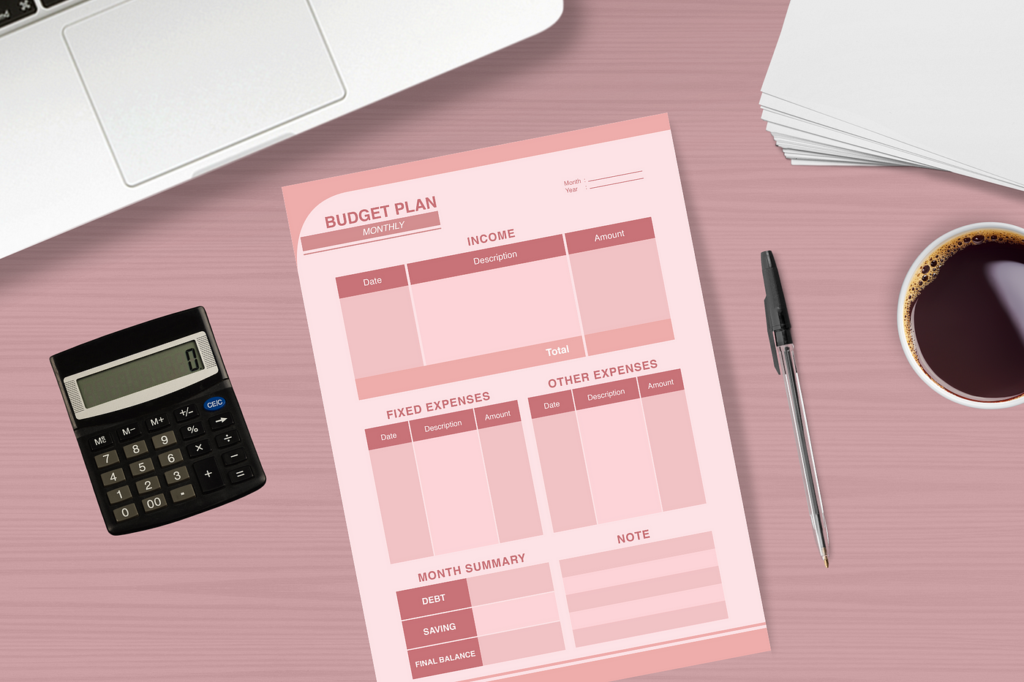
Fresh graduates are equal to an adult and a baby. You are stepping into the real world where you will start your career but at the same time, you are a baby learning how to walk in that world. One prominent thing to take care of is your financial budget. If you do not have proper financial literacy, you might go bankrupt before your 30’s.
Here’s How You Can Control Your Money Flow!
No one is 100% pro when it comes to budgeting. The truth is, you have to learn everything through experience. Starting small can make a huge impact when it comes to budgeting. Luckily, there are a few budgeting rules that will avoid putting yourself in a difficult situation.
1. Keep Emergency Fund

Image via CNBC
I know it is tempting to spend your money, but that may impact your savings. Instead of splurging your cash mindlessly, set aside a certain amount for your emergency fund. Through this, you can survive any financial setback that occurs your way.
2. Pay Off Study Debts

Image via South Arkansas Sun
Remember, the money from the loan you received for your education isn’t yours. You have to pay it back. Unless you can convert your loan to scholarships, make sure you settle them. If you can apply for payback discounts, go for it. Pay it off quickly so that it won’t affect your credit score.
3. Build A Credit Score

Image via Chase Bank
Apply for a credit card, and pay the bill in full every month. Remember to not accumulate outstanding debts because it will affect your score. Your score could be a great help when you want to apply for loans. You will not just build your score but also a perfect financial credibility and reputation. But remember, do not overspend!
4. Shop Local Cars

Image via Investopedia
If you are willing to buy a second-hand car, that’s great! If you want to buy a brand-new one, it is best to shop locally. Perodua and Proton have amazing car options with a fresh graduate program. Most importantly, buy a car that is within your annual salary budget. Don’t buy an expensive car and suffer when you want to return the loan.
5. Plan Your Monthly Spendings

Image via Medium
List down your commitments and how much you will have to spend for each commitment. If you want to buy something, try saving money for a few months instead of splurging your cash without thinking. Avoid impulse buying because you may regret it. If you still want something after 30 days, then go ahead and buy it. But make sure you still have cash for you to spend after!
Even though these budgeting rules are to plan your budget, don’t forget to live a little! Expand your lifelong learning in financial literacy. You will learn something new every time you plan your budget. Make sure to learn more about gold savings and investment too! Happy adulting!










